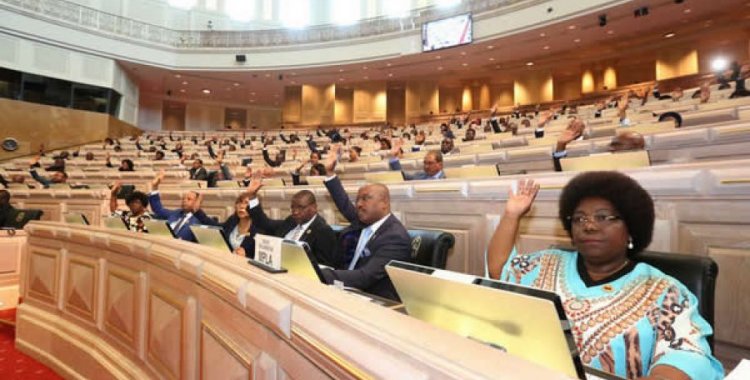The proposal, approved with 175 votes in favour and seven abstentions, brings together in a single document the taxation of rents and transfers of real estate, matters previously dealt with in two different texts.
In presenting the legislative proposal, Finance Minister Vera Daves said that the amendment of existing laws is part of the process of administrative decentralisation that the country is carrying out and will culminate in the implementation of local authorities.
According to Vera Daves, this tax will be one of the main sources of financing for future local authorities, which will have the competence to collect, being also a means of broadening the tax base and the efficiency in collecting taxes to maximize non-oil revenues.
The governor highlighted as the main changes, the taxation of unproductive agricultural land, to encourage those who own it to exploit it, assign it or sell it, "to those who have the financial conditions and 'know-how' to do so".
"If they are productive they will not be charged, if they are unproductive they only begin to be charged from seven hectares, so there is still space there for the most needy families, a margin for them not to feel so much of this tax," she said.
The holder of the Finance Department also stressed that the legal diploma proposes to transform the rate of free transfers of real estate, which currently vary in a range between 10 and 25 percent into a single reduced rate of 2 percent.
On the doubts raised by this issue, Vera Daves explained to members that "the 25 per cent rate is on 60 per cent of the value of the rent and not 100 per cent", which leads to an effective rate of 15 per cent.
However, the vice-president of the parliamentary group of the National Union for the Total Independence of Angola (UNITA), Maurílio Luiele, in his explanation of vote, considered that the proposal, as it stands, discourages the sale of real estate through the 2 percent rate, by transmission, and favours speculators in the real estate market through the proposed new rates, for those who choose to keep the properties unoccupied.
"Thus, the Property Tax Code, far from constituting a legal solution to face the enormous nominal valuation of real estate, especially buildings, it itself becomes a stimulus for speculative processes in the real estate sector, which may deepen the distortions of this market", he stated.
The minister also pointed out as alterations the tax exemption for social houses and properties of precarious construction, according to objective criteria, to identify this type of construction.
"We are also proposing to no longer consider as a tax criterion the sale value of the real estate asset, but what results from the assessment, in order to achieve, as a criterion of greater justice, what is taxable," said Vera Daves.
The minister added that the Government's sole purpose is, through taxation, to encourage "houses that are unoccupied, for a long period of time, to be used, or rented or sold".
"We have a still extensive stock of properties, which are not given any use and we also want, through this code, to encourage that these properties are useful, ie used, rented or sold", he stressed.
According to the Minister, there is work in progress between the Ministry of Territorial Administration and State Reform, provincial governments and municipal administrations for the registration and registration of mass property.







